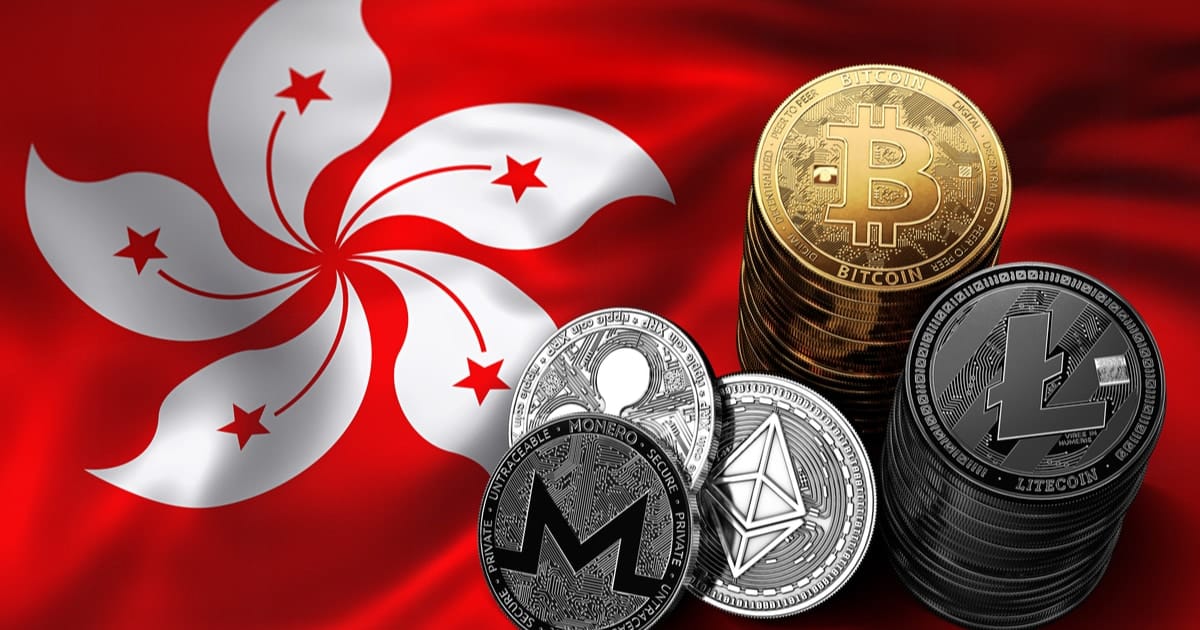
According to Bloomberg's sources, we will see a licensing program for crypto platforms that will allow retail trading in March next year. However, their insiders note that Bitcoin or Ether are unlikely to be available for trading.
The government is also reportedly studying other areas of digital asset regulations such as tokenized assets and smart contracts in their plan for developing digital trade.
"We want to make our policy stance clear to the global market, to demonstrate our determination to explore fintech with the global virtual asset community," - Paul Chan, Financial Secretary.
According to an official statement the local government will propose establishing a regulatory regime for virtual asset service providers. The city authorities also plan to embrace emerging technologies like nonfungible tokens and metaverse and develop Hong Kong into an “international virtual assets center.”
Still, some people think that this step might be not enough to attract local crypto traders, that already have found a way to sell and buy digital assets using global exchanges.
“The kind of conversations I've had was that people still fear there'll be a very strict licensing regime. Even if they're able to deal directly with retail users, they're still not going to be as attractive or as competitive as overseas platforms." - Leonhard Weese, co-founder of the Bitcoin Association of Hong Kong.
Lately, many countries have started to move in this direction, trying to take the global lead in crypto trading. For example, we have recently observed Georgian steps towards the same goal. However, Hong Kong’s story is different since it was once a hub for crypto and then lost it due to strict regulations. Some of the crypto businesses have moved to Singapore, so now this apparent shift on crypto regulations could be an attempt to reverse the loss of business to its rival financial hub.
In mainland China, all cryptocurrency operations are considered illegal, including those on offshore exchanges. Elizabeth Wong, a senior official at Hong Kong’s Securities and Futures Commission, believes that the blanket crypto ban on the mainland will not affect the city’s policies, referring to the “one country, two systems” constitutional principle.
In the list of traditional financial hubs, you can find New York, London, Hong Kong, and other big cities which you have definitely heard of. Will crypto hubs be located in the same locations, or will there be a great opportunity for new rising stars? Might be both. Let's observe.
